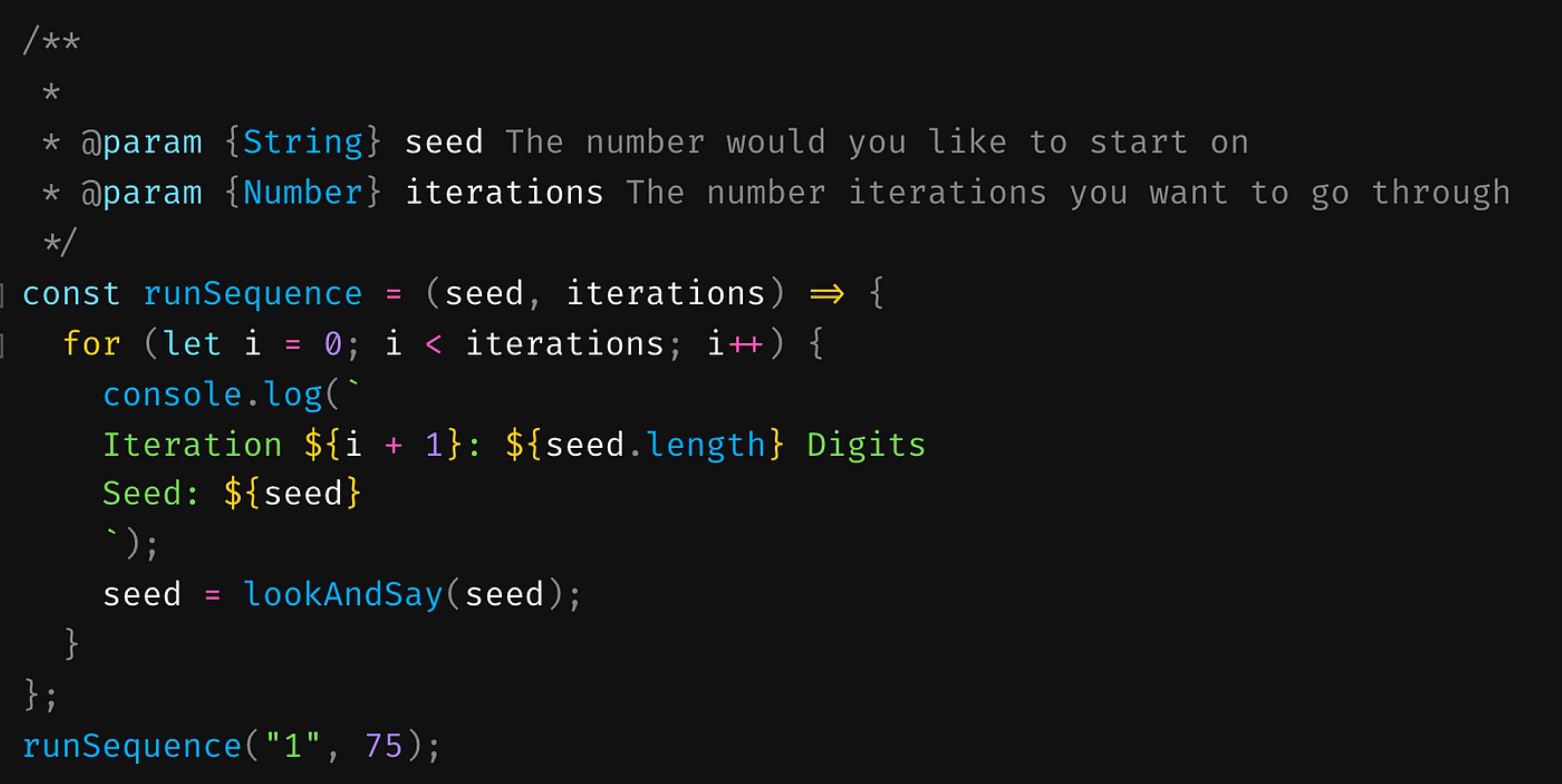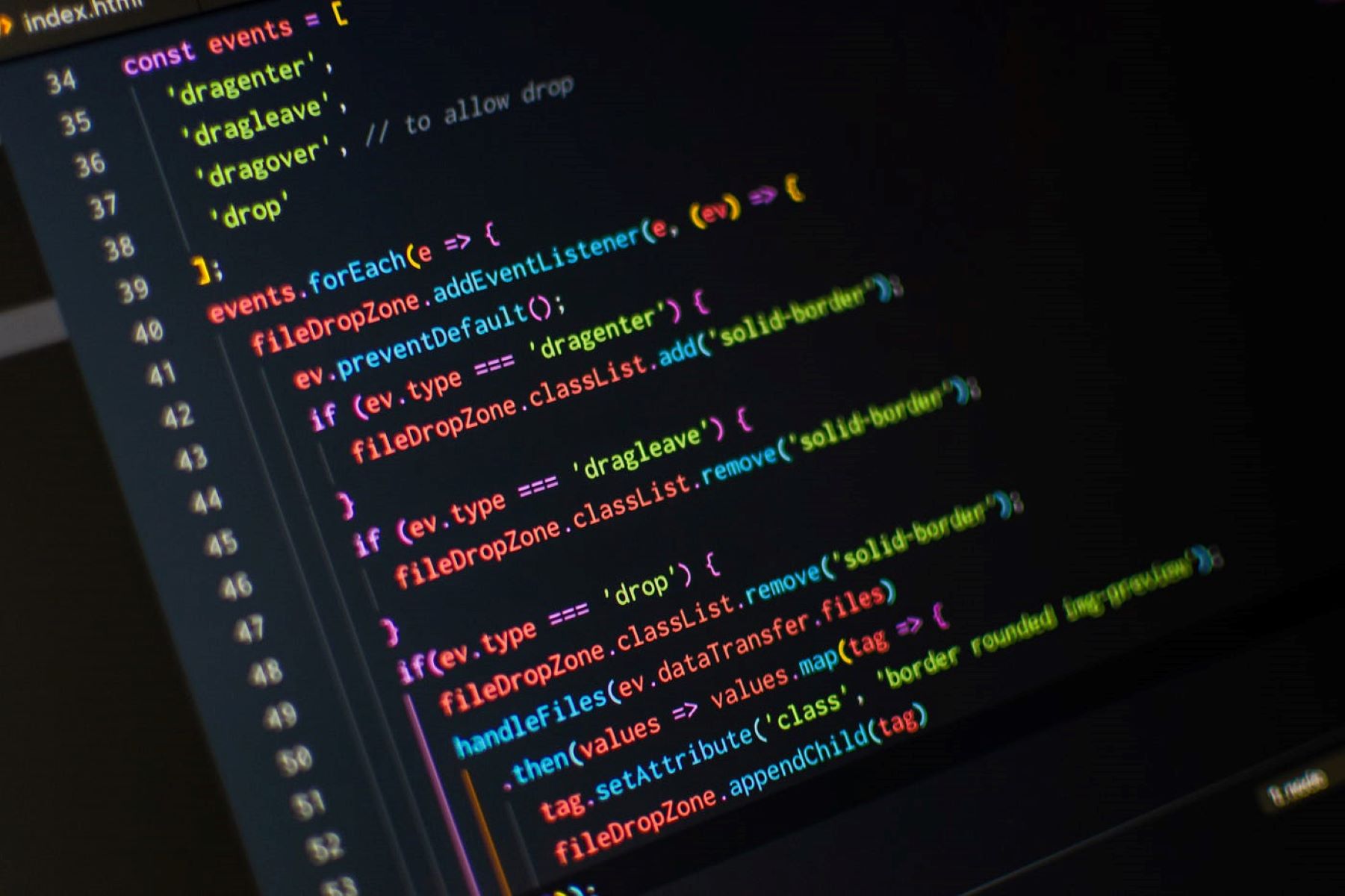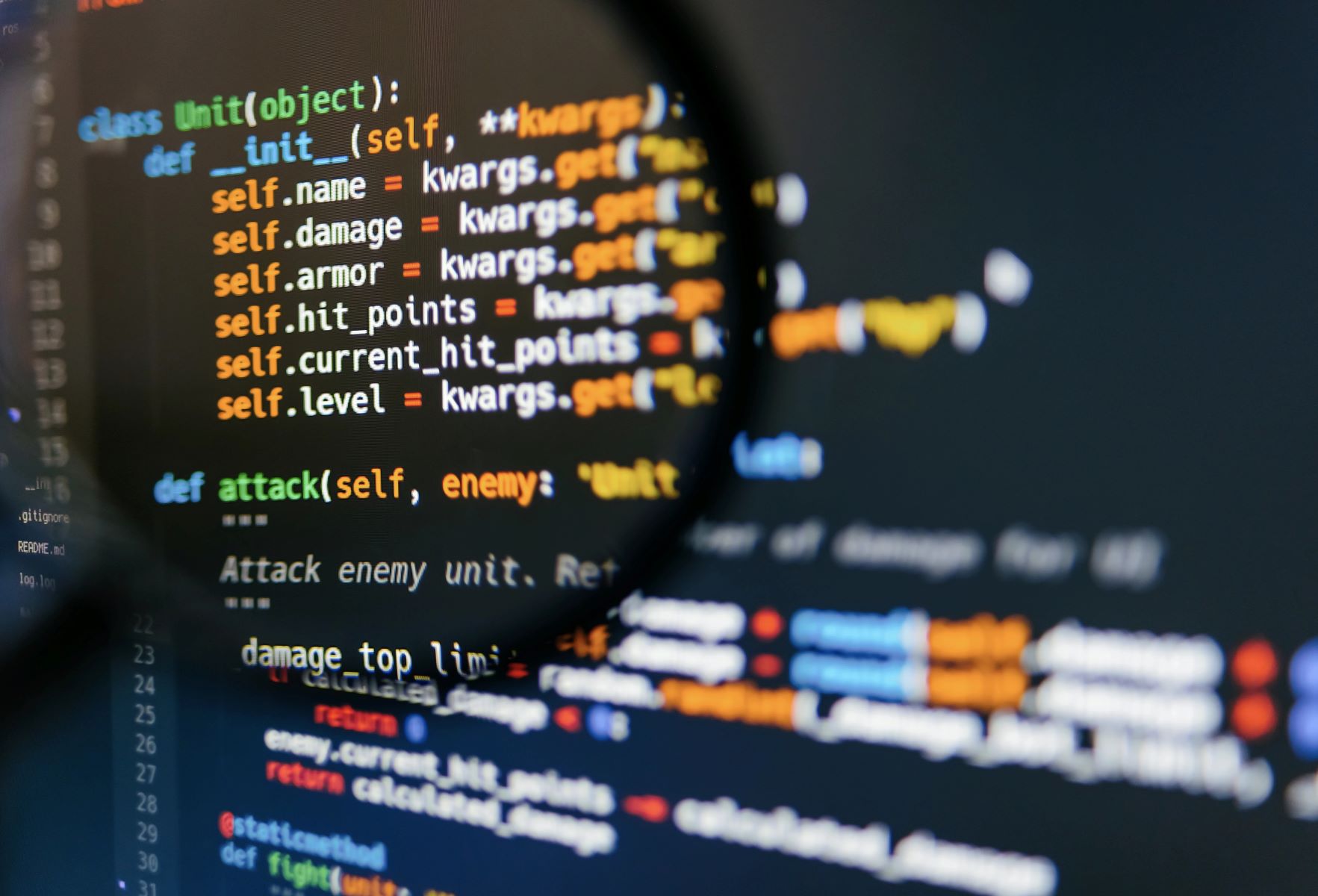Introduction
When it comes to the world of technology and software development, two terms that are often used interchangeably are “coding” and “programming.” While they both involve writing instructions for computers to follow, there are significant differences between the two. Understanding the distinction can help aspiring developers choose the right path and clarify misconceptions.
Coding refers to the process of translating human instructions into a language that computers can understand. It involves writing lines of code using specific programming languages such as HTML, CSS, or JavaScript. Coders focus on creating the structure, layout, and design of a website or application, ensuring that it functions as intended. They mainly work on the frontend, dealing with the visual elements and user interface.
Programming, on the other hand, encompasses a broader scope. It involves not only writing code but also developing algorithms, analyzing problems, and designing solutions. Programmers use coding as a tool to implement their ideas but also have a deep understanding of the underlying concepts and principles. They work on both frontend and backend development, dealing with databases, server-side logic, and complex functionalities.
The relationship between coding and programming is similar to that of words and sentences. Coding is like putting together individual words to convey a specific meaning, while programming is like composing those words into structured sentences to express a comprehensive thought. Coding is a part of programming, but programming goes beyond just coding.
Now that we have a basic understanding of what coding and programming mean, let’s explore the key differences between the two.
Definition of Coding
Coding, in simple terms, is the process of creating instructions for computers using programming languages. It involves writing lines of code that specify the desired actions and behaviors of a software application or a website. Coders use specific programming languages such as HTML, CSS, or JavaScript to communicate with computers and tell them what to do.
At its core, coding is about translating human instructions into a language that computers can understand. It requires attention to detail and precision to ensure that the code is written correctly and accurately. Coders need to understand the syntax, rules, and conventions of the programming language they are using to effectively communicate with computers.
Coding is primarily focused on the visual elements and user interface of a software application. Coders are responsible for creating the structure, layout, and design of websites or applications. They use HTML for building the structure, CSS for styling and formatting, and JavaScript for adding interactive features and functionality.
In addition to writing code, coders also need to understand how to use various tools and frameworks that enhance their coding process. These tools can help with editing and debugging code, managing version control, and collaborating with other developers. Examples of popular coding tools include text editors like Sublime Text or Visual Studio Code, version control systems like Git, and integrated development environments (IDEs) like IntelliJ IDEA or Eclipse.
Coding is an essential skill for anyone interested in web development or building software applications. It allows developers to bring their ideas to life by creating functional and visually appealing websites or applications. While coding may seem daunting at first, with practice and continuous learning, anyone can become proficient in writing code and mastering the art of coding.
In the next section, we will delve into the definition of programming and explore the relationship between coding and programming.
Definition of Programming
Programming is a broader concept that encompasses more than just writing code. It involves the process of developing algorithms, analyzing problems, and designing solutions using coding as a tool. Programmers use their knowledge of coding and programming principles to create complex software applications that perform specific tasks and solve real-world problems.
Unlike coding, which focuses primarily on the frontend and user interface, programming involves working on both the frontend and backend aspects of software development. Programmers deal with databases, server-side logic, and complex functionalities to ensure that the software application functions as intended.
One of the key aspects of programming is the ability to think logically and analytically. Programmers need to break down complex problems into smaller, manageable parts and design algorithms to solve them. They also need to consider factors such as efficiency, scalability, and security when developing software applications.
A programmer’s role goes beyond simply writing code. They need to be proficient in various programming languages and have a deep understanding of data structures, algorithms, and software design principles. Additionally, programmers often collaborate with other team members, such as software architects and project managers, to ensure that the software application meets the desired requirements and specifications.
Programming also involves using different methodologies and paradigms to approach software development. This includes object-oriented programming (OOP), where code is organized around objects and their interactions, and functional programming, which focuses on using pure functions and immutable data.
To enhance their programming skills, developers often rely on software development frameworks and tools. These tools provide pre-built components, libraries, and functionality that can be used to streamline the development process and improve productivity. Popular programming frameworks include React, Angular, and Django, while tools like debugging environments and integrated development environments (IDEs) offer features such as code completion, syntax highlighting, and code analysis.
In the next section, we will explore the relationship between coding and programming, highlighting their key differences and similarities.
The Relationship between Coding and Programming
Coding and programming are closely related but distinct concepts within the world of software development. Coding is a subset of programming, as it involves writing the specific instructions in a programming language to create the desired output. Programming, on the other hand, encompasses the larger process of designing, organizing, and implementing the code based on logical and problem-solving principles.
Think of coding as the technical aspect of programming. It focuses on the syntax and structure of the code, ensuring that it follows the rules and conventions of the chosen programming language. Coders are responsible for writing clean and efficient code to achieve the desired outcomes. Their main focus is on the frontend, dealing with the visual elements and user interactions.
Programming, on the other hand, takes a more holistic approach. Programmers analyze the problem at hand, design the solution, and then implement it using coding as a tool. They consider factors such as performance, scalability, and maintainability when creating software applications. Programmers work on both frontend and backend aspects, handling databases, server-side logic, and complex functionalities.
While coding is a specific task within the larger scope of programming, it is an essential skill for programmers. Without coding expertise, programmers would not be able to bring their ideas to life and create functional software solutions. Coding provides the means to implement the logical design and algorithms devised by programmers.
In many cases, programmers also need to understand and work with existing codebases. This could involve debugging, refactoring, and adding new features or functionalities to an existing codebase. This requires a combination of coding skills to understand and modify the code correctly, as well as programming skills to have a broader understanding of how the changes fit into the overall software architecture.
Ultimately, coding and programming go hand in hand. Coding is a tool used by programmers to translate their ideas into functional software applications. Both skills are essential for anyone pursuing a career in software development, and having a solid foundation in coding is crucial to becoming an effective programmer.
Now that we have explored the relationship between coding and programming, let’s dive into the key differences between the two in the next section.
Coding vs Programming: Key Differences
While coding and programming are closely related, there are several key differences between the two. Understanding these differences can help clarify their roles and responsibilities within the software development process. Let’s explore some of the key distinctions:
Scope: Coding focuses mainly on the implementation and execution of specific tasks using programming languages. It deals with the frontend aspects such as user interfaces and visual elements. Programming, on the other hand, encompasses a broader scope, including analyzing problems, designing solutions, and implementing them using coding as a tool. Programmers work on both frontend and backend aspects, addressing complex functionalities and database management.
Abstraction: Coding is often more concrete and operational, involving writing specific lines of code to achieve desired outcomes. It deals with step-by-step instructions and direct interactions with the computer. Programming, on the other hand, involves more abstract thinking. Programmers create algorithms, design software architecture, and think in a logical and systematic manner to solve problems. They focus on concepts like data structures, algorithms, and design patterns.
Problem-Solving: While coding involves solving specific technical challenges related to implementing features and functionalities, programming goes beyond that. Programmers analyze problems holistically and identify the most efficient and effective ways to solve them. They consider various factors such as performance, scalability, and user experience when designing software solutions.
Knowledge and Skills: Coding requires a deep understanding of specific programming languages, their syntax, and rules. Coders need to be familiar with HTML, CSS, JavaScript, or other relevant languages. They must also be comfortable using coding tools and frameworks. Programmers, on the other hand, need a broader skill set. They must have a deep understanding of coding principles but also possess knowledge in areas such as data structures, algorithms, software design patterns, and problem-solving techniques.
Responsibilities: Coders primarily focus on writing code and ensuring that it functions as intended. They are responsible for implementing the frontend elements and ensuring the user interface is visually appealing and user-friendly. Programmers, on the other hand, have a more comprehensive role. They analyze problems, design software solutions, coordinate with team members, and oversee the entire development process.
In summary, while coding and programming are interrelated, they have distinct differences in scope, level of abstraction, problem-solving approach, and responsibilities. Coding is a subset of programming, focusing on the implementation of specific tasks using programming languages, while programming encompasses a broader set of skills and responsibilities that involve problem-solving, design, and implementation.
Now, let’s find out the similarities between coding and programming in the next section.
Coding vs Programming: Similarities
While coding and programming have their distinct differences, there are also several similarities between the two. Let’s explore these shared aspects:
Language Dependence: Both coding and programming rely on specific programming languages to communicate with computers. Whether it’s HTML, CSS, JavaScript, Python, or any other language, both coding and programming require a deep understanding of the syntax, rules, and conventions of the chosen language.
Logic and Problem-Solving: Both coding and programming require logical thinking and problem-solving skills. Whether it’s writing a line of code to execute a specific functionality or designing an algorithm to solve a complex problem, both coding and programming involve breaking down problems into smaller, manageable parts and finding creative solutions.
Attention to Detail: Both coding and programming demand attention to detail. Writing clean and error-free code is essential in both cases. Whether it’s ensuring proper indentation, correct syntax, or following best practices, both coders and programmers must pay close attention to the specifics of their code.
Collaboration: Both coding and programming often involve collaboration with other team members. Whether it’s designers, project managers, or other developers, both coders and programmers need to communicate effectively and work together to create successful software solutions.
Continuous Learning: Both coding and programming require a commitment to continuous learning. Technology and programming languages are constantly evolving, and staying up-to-date with the latest advancements is crucial for both coders and programmers. They both need to keep learning, experimenting, and adapting their skills to stay relevant in the ever-changing field of software development.
Creativity: Both coding and programming offer opportunities for creativity. Whether it’s designing an elegant user interface, implementing innovative features, or designing efficient algorithms, both coders and programmers can express their creativity while solving problems and building software solutions.
In summary, while coding and programming have their distinct differences, they also share several similarities. Both require a deep understanding of programming languages, logical thinking, attention to detail, collaboration, continuous learning, and a touch of creativity.
Understanding the similarities and differences between coding and programming can help aspiring developers choose the right path and navigate the field of software development effectively.
Now, let’s explore when it is appropriate to use coding and programming in the next section.
When to Use Coding and Programming
Knowing when to use coding and programming is essential to effectively approach software development projects. While coding and programming are closely related, their application varies based on the complexity, scope, and requirements of the project. Let’s explore when it is appropriate to use coding and programming:
Using Coding: Coding is primarily used when working on the frontend aspects of a software application or website. If the project requires designing the user interface, implementing visual elements, and ensuring a smooth user experience, coding is the go-to approach. Coders use specific programming languages like HTML, CSS, and JavaScript to bring the design to life and create interactive and visually appealing user interfaces.
Using Programming: Programming is generally applied when dealing with more complex projects that require a holistic approach to problem-solving and software development. If the project involves creating complex functionalities, managing databases, implementing algorithms, and ensuring high performance and scalability, programming is essential. Programmers design the software architecture, develop efficient algorithms, handle backend logic, and make strategic decisions to ensure the software meets the desired requirements.
The decision to use coding or programming depends on the specific requirements of the project and the desired outcomes. Smaller projects that focus primarily on the frontend and require a quick implementation of specific features may rely more on coding. On the other hand, larger projects that demand a comprehensive approach, considering factors like scalability, performance, and robustness, require programming.
It is worth noting that coding and programming often go hand in hand. A project may involve both coding and programming aspects, especially in larger-scale applications. In such cases, coders and programmers collaborate closely to ensure a seamless integration of frontend and backend functionalities.
Additionally, as projects evolve and scale, the need for programming may increase. While coding can handle the initial implementation, programming allows for more flexibility, scalability, and complexity management as the project grows.
Ultimately, the choice between coding and programming depends on the project requirements, the desired functionalities, and the level of complexity involved. Understanding the project’s scope and goals is vital in determining when and how to leverage coding and programming effectively.
Now, let’s wrap up the discussion and summarize the key points we have covered so far.
Conclusion
In conclusion, coding and programming are closely related yet distinct concepts within the field of software development. Coding refers to the process of writing instructions in a programming language to create a functional design and user interface. Meanwhile, programming encompasses a broader scope, involving problem-solving, algorithm design, and the implementation of complex functionalities.
While coding and programming have their differences, they also share similarities. Both require a deep understanding of programming languages, logical thinking, attention to detail, collaboration, continuous learning, and a touch of creativity. Both coding and programming are necessary skills for aspiring developers, with coding serving as an essential component of programming.
Knowing when to use coding and programming is essential in approaching software development projects effectively. Coding is primarily used for frontend development, focusing on user interfaces and visual elements. On the other hand, programming is applied in more complex projects that involve backend development, algorithm design, and scalability considerations.
It’s important to note that the line between coding and programming can be flexible and often blurs in real-world projects. Smaller-scale projects may rely more on coding, while larger-scale projects demand a more comprehensive programming approach to handle complexities efficiently.
To succeed in the field of software development, individuals should strive to understand both coding and programming concepts. Building a strong foundation in coding fundamentals is crucial for becoming an effective programmer, as it provides the necessary skills to translate ideas into functional software solutions.
Whether one’s goal is to be a proficient coder or a skilled programmer, continuous learning, practice, and staying up to date with the latest trends and technologies are key. The field of software development is constantly evolving, so developers must adapt their skills and knowledge to remain competitive.
Overall, coding and programming are essential components of software development. While they have their distinctions, they work together harmoniously to create innovative and functional software solutions that drive technological advancements and improve our digital experiences.

























